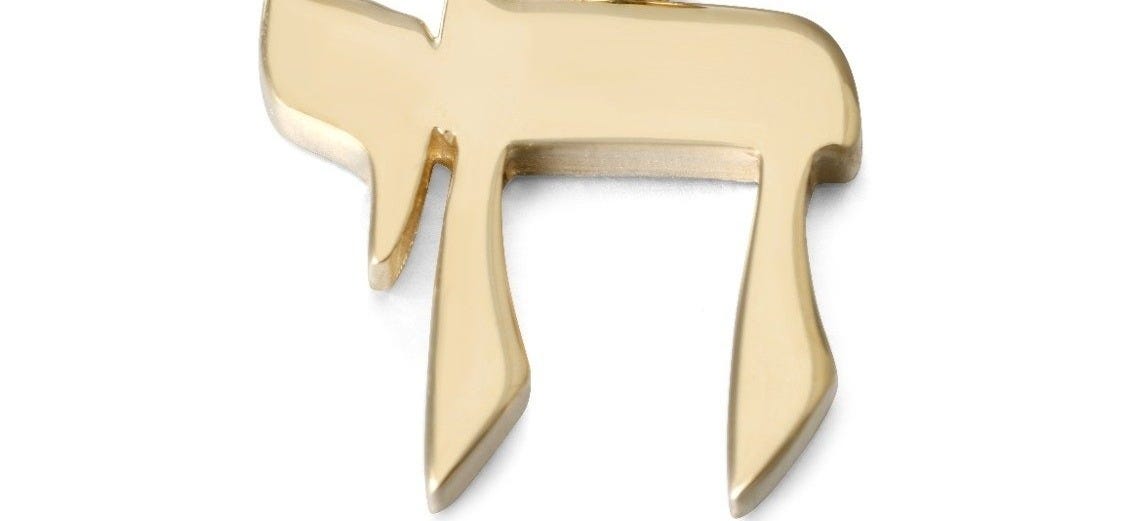We say that the October 7th tragedy and the subsequent war changed the Jewish people forever. But perhaps those events and the accompanying global response were just stark reminders of how little things have actually changed.
For those of us who did not have relations in Israel directly facing the massacres, it began on social media. It was October 8th, 2023. Some of us were probably in denial, not able to comprehend the magnitude of what had just happened the day before.
In the weeks following, the amount of misinformation fueled by pure antisemitic rage filled our news feeds. The occupiers all deserved it. They were the oppressors facing an inevitable conclusion. I condemn the rapes, but I guess I can understand why…
They were words from people I once viewed as friends. So I did what I needed to do for my own mental health: I disabled all of my social media. It was like removing a tumor from my digital life; I felt better immediately after doing it.
Did I respond to their smug posts about how Israel’s “barbaric” response is a “moral” issue, the natural conclusion being that I must be immoral for openly supporting the Jewish state as they were still sifting through the bodies of the 1200 people massacred within it? No.
Did I reach out to them to express how hurtful I found their words, especially considering that I’ve acted as a good ally for their various causes, almost all of which have nothing to do with my own ethnic background? No.
Did I tell any of my students or colleagues who showed up wearing ‘Free Palestine’ pins on their kaffiyehs or who expressed views tacitly supporting Hamas how destructive I found their actions as a colleague at that same institution? No.
Why would I risk my job for that? I don’t want HR in my life if I can avoid it.
So avoid it I do — in real life. My outlet is here, in a semi-anonymized space where I have tried to express my thoughts about this crisis openly and honestly. I hope I’ve supported others in my position during a time when the hate often felt impossible to combat. If I did, it was worth dealing with some antisemitic trolls.
We all know that it all started well before the war. I made it a point not to fit any of the stereotypes that non-Jews freely express disdain for. Don’t talk about the religious aspect of your upbringing. Don’t bring up your holidays unless they ask about them. Don’t talk about money. It was all performance for a slow simmer of hate that exploded courtesy of Hamas. This eventuality was no doubt part of their entire plan.
In the weeks following the Black Sabbath, I tried to rationalize the hateful “from the river to the sea” rhetoric with “they’re not all bad; some are just misinformed.” But what I failed to acknowledge then was that like the “good” members of any other hateful movement, none of them took steps to address that movement’s destructiveness. None of them had any awareness of how their behavior affected me or anyone else. They weren’t helping Palestinians; they were just demonizing Jews. So how “good” are they, really?
Up until a year ago, I viewed myself as modern, non-traditional, and open to different cultures. I had the track record to prove it: tons of time spent abroad in Spanish-speaking countries, a career that focuses on majority-minority communities, and friends from all kinds of backgrounds. I had no reason to experience the fears that my immigrant great-grandparents did because I had far more resources, all privileges connected to my upbringing and education.
But how modern could I be, really, if I lived in fear of what might happen if I displayed religious objects in my window? How non-traditional could I be if these burdens directly connected to my heritage consumed me daily? How open to outsiders was I if I reconsidered the friendships of those who turned on me via their spewing of anti-Israel rhetoric (most without realizing it because I never confronted them)? These are questions I still struggle with a year later.
I have decided one thing for sure: I am done being one of the “good ones.” My earnest attempts to integrate myself into non-Jewish circles did not shield me from the seething contempt that these people probably always had for me, whether they realized it or not. They now just use the imaginary ‘Israel’ in their heads and TikTok feeds as an excuse to express it all openly. My politeness for it has run out.
The last year forced me to shift my attention inward. It took a crisis to snap me into the realization that my secularism did not make my participation in our community optional. If anything, Jews like us must unite now more than ever. I received a harsh but valuable lesson in our people’s greatest strength: our collective ability to fight back and to survive.
While I know that it bothers many, the Jew behind these words is very much alive. She’s not in hiding. And she’s not going anywhere.





Am yisraell chai, Jill.
I live in a rural red state. My small city has two synagogues. I don’t see any of us hanging out our Israel flags or wearing Am Israel chai teeshirts. I haven’t noticed any more Magen David necklaces in public. I want to hang my flag. I wear my necklace and my teeshirt. My Jewish home library is extensive. I converted fifty years ago at UTAustin Hilllel. I wish I had made aliyah back then. This site is the only place I feel we speak our hearts about what is happening in Israel and the US. I treasure what read here from you.